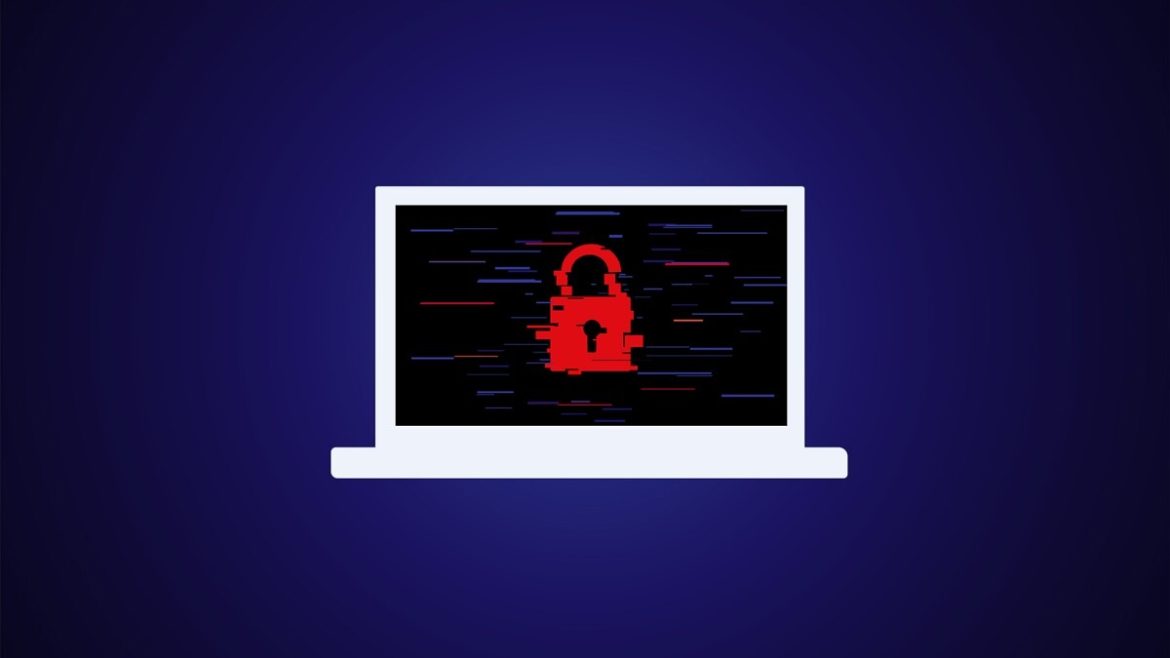In an era where smartphones have become an integral part of our lives, the importance of mobile security cannot be overstated. As a seasoned technical copywriter with a decade of experience, I’m here to delve into the critical topic of mobile security, highlighting the growing cyber threats and the measures individuals and organizations can take to safeguard their personal data.
The Rising Threat Landscape
Evolving Cyber Attacks
Cybercriminals are continually developing new techniques and strategies to exploit vulnerabilities in mobile devices. From malware and phishing attacks to ransomware and data breaches, the threat landscape is constantly evolving.
Targeting Personal Information
Personal data is a prime target for cybercriminals. This includes sensitive information such as emails, contacts, financial records, and login credentials. The value of personal data on the black market has made it a lucrative commodity for cybercriminals.
Mobile Security Best Practices
Device Protection
Securing your mobile device is the first line of defense. Implementing strong PINs or biometric authentication (fingerprint or facial recognition) can prevent unauthorized access. Regularly updating your device’s operating system and apps is crucial to patch known security vulnerabilities.
App Permissions
Be cautious when granting app permissions. Only provide necessary access to your device’s functions and data. Review and adjust app permissions in your device settings to limit potential privacy risks.
Public Wi-Fi and VPNs
Secure Connections
Public Wi-Fi networks are often targets for cyberattacks. When connecting to public Wi-Fi, use a virtual private network (VPN) to encrypt your internet traffic and protect your data from potential eavesdropping.
Two-Factor Authentication (2FA)
Enhanced Security
Enable two-factor authentication (2FA) wherever possible. This adds an extra layer of security by requiring a second verification step, such as a one-time code sent to your mobile device, in addition to your password.
App Security
Download Wisely
Only download apps from official app stores (e.g., Apple App Store or Google Play Store). Third-party app sources may host malicious apps. Read user reviews and check app permissions before downloading.
App Updates
Keep your apps up to date. Developers regularly release updates that address security vulnerabilities and improve overall app performance.
Data Encryption
Protecting Data
Enable device encryption to protect your stored data. In the event your device is lost or stolen, encryption ensures that unauthorized individuals cannot access your data without the encryption key.
Mobile Device Management (MDM)
Enterprise Solutions
Organizations can employ Mobile Device Management (MDM) solutions to enforce security policies on company-owned devices. MDM allows remote monitoring, app management, and data wipe capabilities in case of device loss or theft.
The Role of Education
User Awareness
Educating users about mobile security is essential. Users should be aware of common threats, best practices, and the importance of reporting suspicious activity to IT or security teams.
The Future of Mobile Security
Emerging Threats
As technology evolves, so do cyber threats. The future of mobile security will require continuous adaptation to combat emerging threats such as AI-powered attacks, zero-day vulnerabilities, and advanced social engineering techniques.
Advanced Authentication
Biometric authentication methods, like facial recognition and iris scanning, will continue to evolve, offering enhanced security while maintaining user convenience.
Conclusion
In conclusion, mobile security is a critical aspect of our digital lives. With the increasing sophistication of cyber threats, individuals and organizations must prioritize the protection of personal data on mobile devices.
Implementing best practices, such as strong authentication, app scrutiny, and data encryption, is crucial for safeguarding sensitive information. Additionally, staying informed about emerging threats and evolving security measures is essential in the ever-changing landscape of mobile security.

